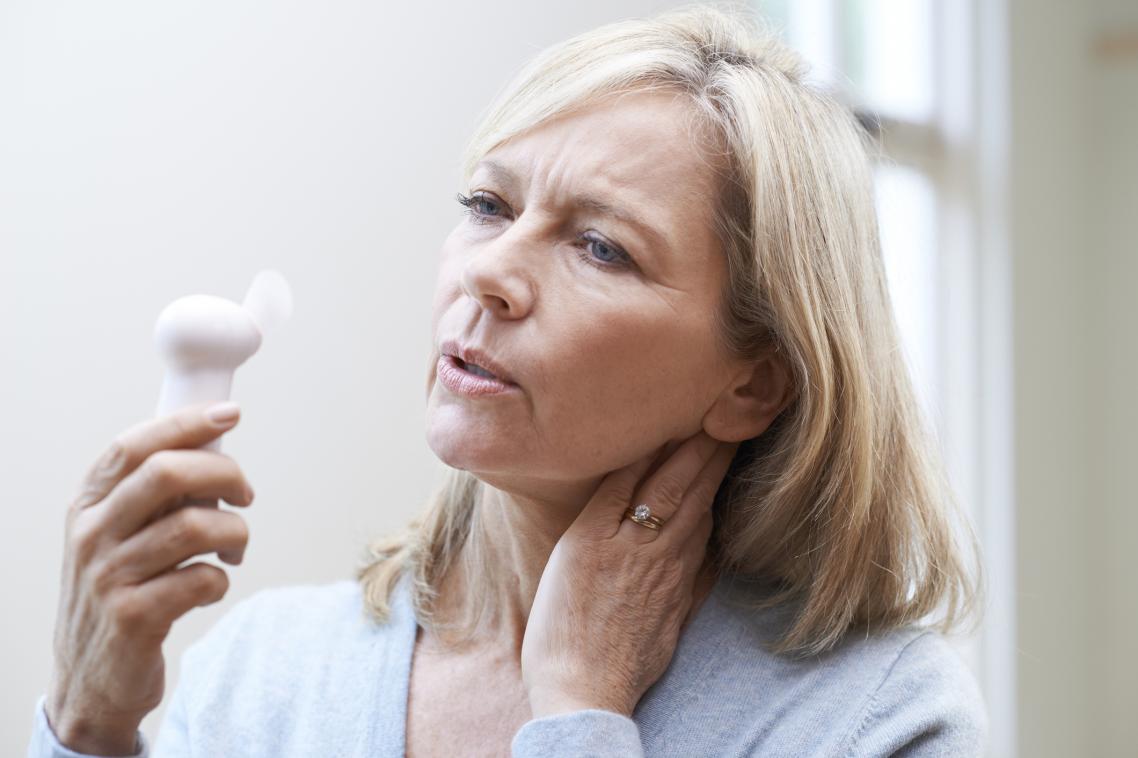Early menstruation linked to increased menopause symptoms

Early menstruation increases the likelihood of hot flushes and nights sweats decades later at menopause, according to a University of Queensland study.
School of Public Health researchers analysed data from more than 18,000 middle aged women across the UK, USA and Australia, as part of the Life course Approach to reproductive health and Chronic disease Events (InterLACE) international collaboration.
UQ’s Dr Hsin-Fang Chung said the study showed women who started menstruating aged 11 or younger had a 50 per cent higher risk of experiencing frequent hot flushes and night sweats – known as vasomotor symptoms - at menopause.
The group was compared with women who had their first period at 14 or older.
“The risk of the women who menstruated early experiencing both symptoms was greater than having either hot flushes or night sweats alone,” Dr Chung said.
She said early menstruation previously had been linked to adverse health conditions later in life, including type 2 diabetes and cardiovascular diseases.
InterLACE project leader Professor Gita Mishra said obesity played a significant role in the findings.
“Women who experienced early menstruation and were overweight or obese in midlife had a two times greater risk of frequent hot flushes and night sweats, compared with women who experienced their first period aged 14 years or older, and had normal weight,” she said.
“These findings encourage women with early menstruation to engage in health promotion programs, especially weight management in adulthood,” Professor Mishra said.
The research is published in BJOG: an International Journal of Obstetrics & Gynaecology
(DOI: 10.1111/1471-0528.16393).
Media: Professor Gita Mishra, g.mishra@uq.edu.au, +61 7 3346 5224; Dr Hsin-Fang Chung, h.chung1@uq.edu.au, +61 7 334 64649; Faculty of Medicine Communications, med.media@uq.edu.au, +61 7 3365 5133, +61 436 368 746.
Topics
Related articles

Australia needs doctors – so why are hundreds of qualified international physicians unable to work?

Greater attention needed on community service workforce
Media contact
UQ Communications
communications@uq.edu.au
+61 429 056 139
